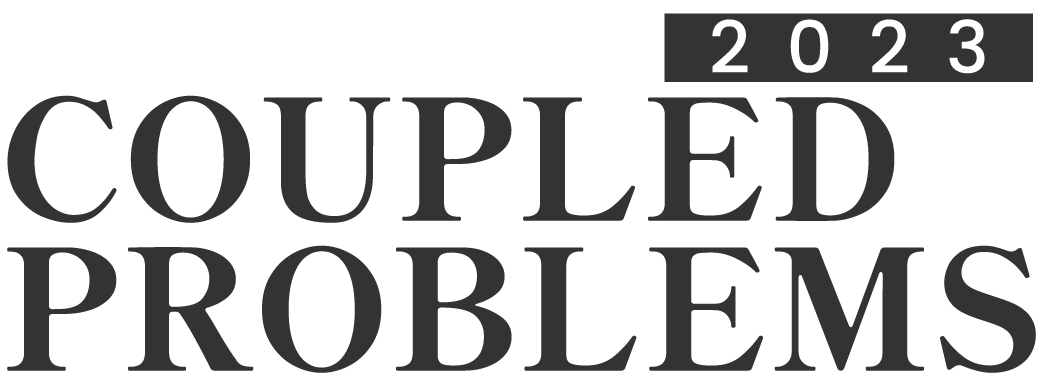

A Coupling Methodology Implementing High-fidelity and Reduced-order Models for the Simulation of Bi-fluid Flows
Please login to view abstract download link
Coupling procedures are widely used in the wave energy sector, when dealing with numerical simulations of wave energy converter (WEC) farms. Such simulations are challenging because of the complexity of the hydrodynamics involved, that must take into account both the wave field close to the converter, and the wave propagation in the far-field; moreover the computational burden is high due to the large area covered by multiple WECs. For those reasons, a fluid-structure interaction solver and a wave propagation solver are commonly coupled, where at least one of the two is low-fidelity. We propose here a coupling methodology combining a high-fidelity solver (CFD) for the near-field description and a Reduced-Order Model (ROM) for the wave propagation in the far-field. The choice of the high-fidelity solver is supported by the fact that the assumptions lowering the fidelity of a simulation are often overly simplifying and limiting the range of conditions that can be numerically represented. The CFD keeps the accuracy high in the vicinity of the converter but its computational cost is constrained to the small domains around the WECs. The Proper Orthogonal Decomposition (POD) method is used to conserve the characteristics of the full-order model but highly reducing the size of the problem in a domain that is easily widespread. The connection between the two solvers is achieved, at each time-step, through the boundary conditions of the high-fidelity domain and the domain itself, yielding to a two-way coupling. This multi-fidelity methodology is tested on a free-surface problem, in different configurations, showing a great versatility and a considerable reduction in computational memory. Finally, the methodology is tested in the presence of a floating body, to reproduce the case of a generic WEC; the application to a farm would, then, be the consequent phase.

